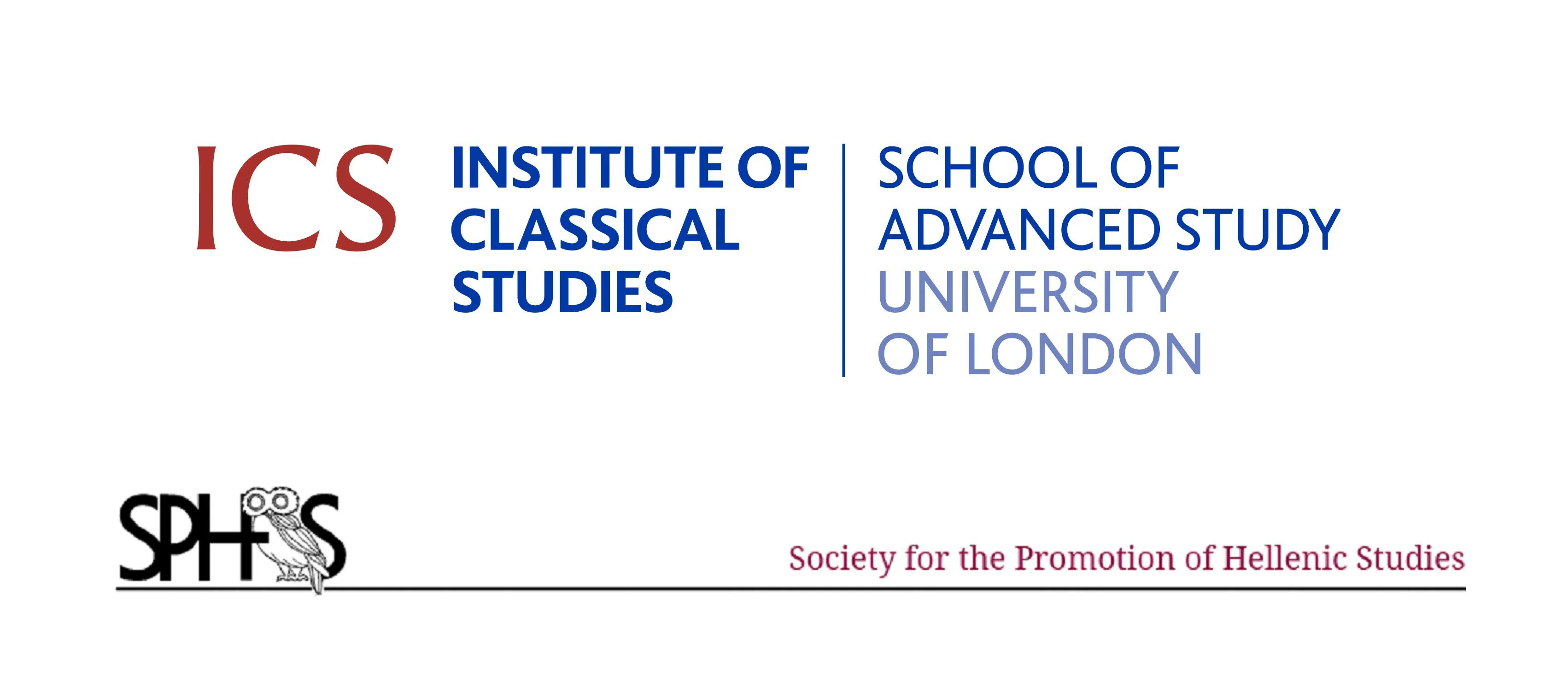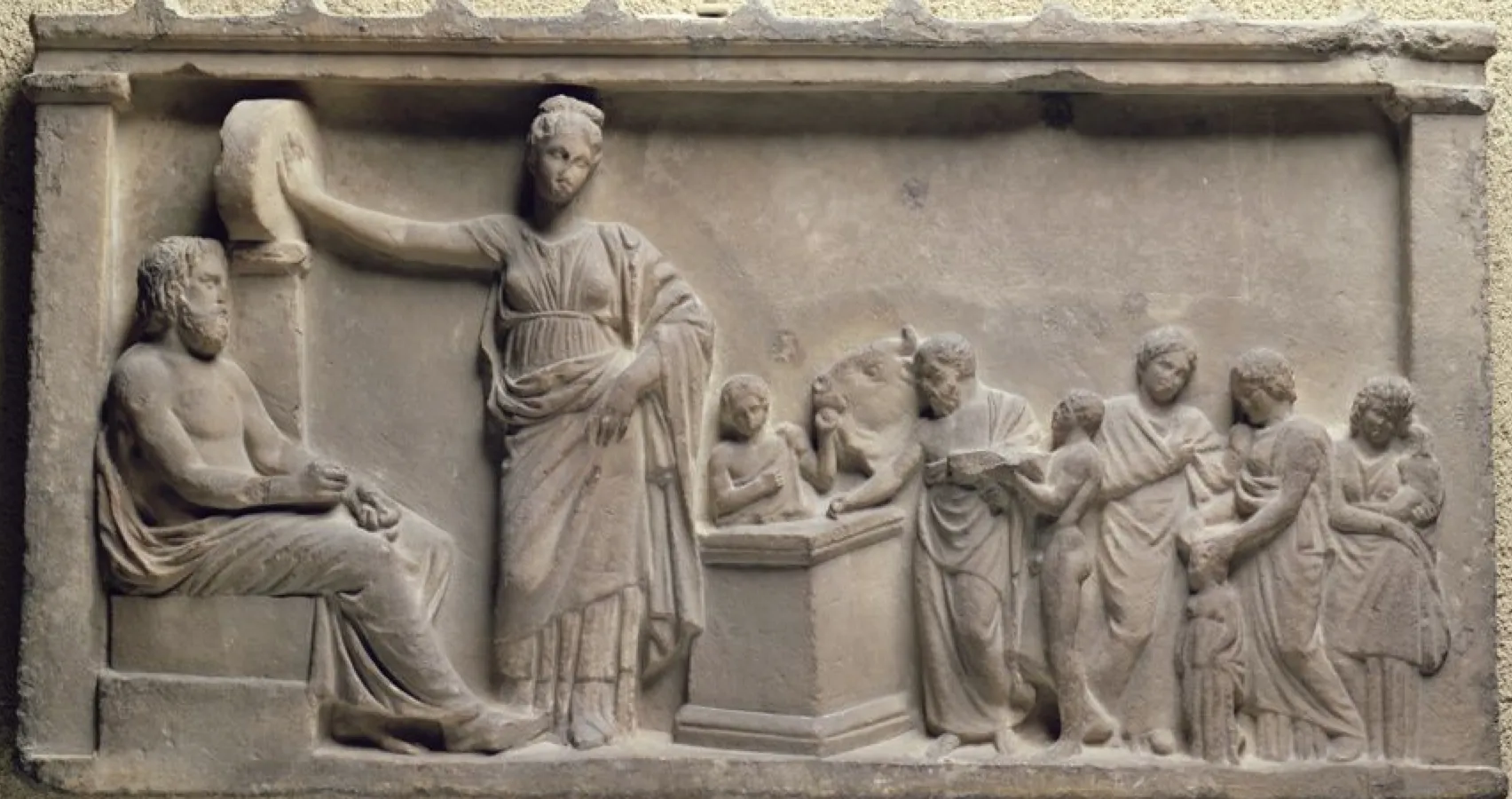What do we mean when we define religion and ‘state’ in the ancient world? Take for example Sophocles’ Antigone, a play written in Athens in the 5th BCE, at the height of Athens Imperial aspirations. In the play, the eponymous heroine defies state orders and buries her brother Polynices. Her act of civil disobedience in performing a burial ritual against king Creon’s orders exemplifies an intersection between family ritual and that of the state; Antigone claims that she acted in accordance with divine law rather than man-made law. Sophocles’ Antigone reminds us that the intersection between family ritual was not always a smooth affair. It also addresses the issue that Greek ritual did not only belong in the realm of the state or the polis but also the family (genos) and the household (oikos).
The aim of this conference is to explore how religion brought avenues of interaction between state and group/family in the Greek world from the Late Geometric to the Hellenistic periods. The goal is to understand religious practice as part of a greater picture of the relationship between groups/families and the state as evidenced by, but not limited to, burial ritual, cult instigation, site transformation, and ritual practice. Key elements at play are social, political, and economic factors and interests, which furthered the interconnection between the state and individual families via religious interactions. Group competition, elite antagonism, social control and gender/status division, or individual promotion could impact the relationship between the state and a group or family. Special focus will be placed on continuity and change of these developments through the Archaic, Classical, and Hellenistic periods.
Event Information
This is a Hybrid event with in-person and online attendance. We encourage in-person attendance (Room 1.02, Bush House South East Wing, Strand Campus, London. If you would like to attend in person, please email Nicolette.Pavlides@kcl.ac.uk
Partners


